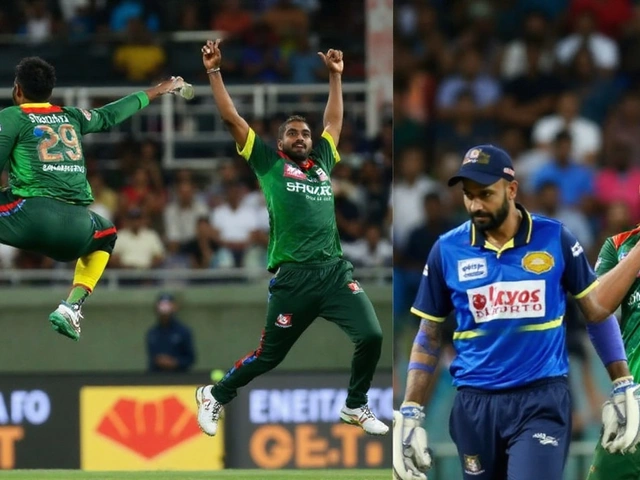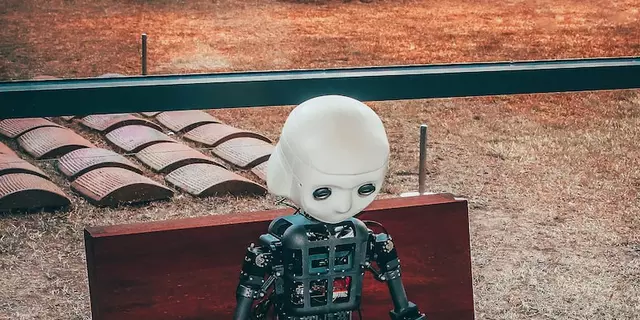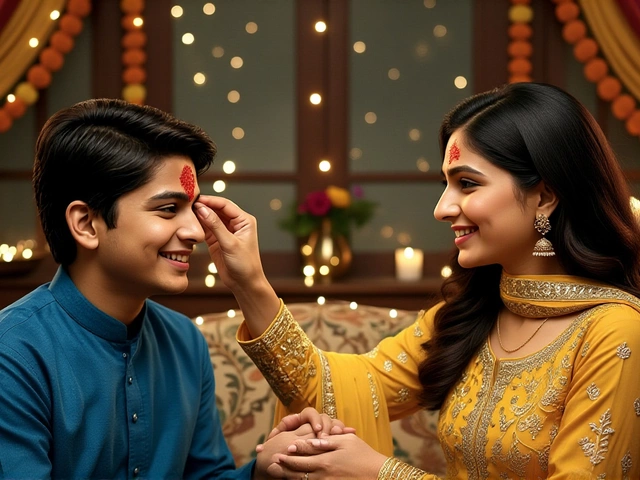Video Game Safety: Simple Tips to Protect Players
Gaming should be fun, not stressful. Whether you’re a teen diving into battle royales or a parent watching a child play, a few easy habits keep the experience safe and enjoyable.
Secure Your Accounts and Data
First, treat your game login like any other important password. Use a mix of letters, numbers, and symbols, and avoid the same password across multiple sites. Turn on two‑factor authentication (2FA) wherever the game offers it – a quick text or an authenticator app adds a strong extra layer.
Don’t click on random links that claim you’ve won free loot. Phishing scams often look legit but lead to stolen credentials. If a friend sends a message with a suspicious download, verify it with a phone call or a separate chat.
Keep your game client and console firmware up to date. Updates patch security holes and stop cheats that could expose your data. Enable automatic updates if possible, so you never have to remember a manual check.
Protect Kids While They Play
For parents, start with the console’s built‑in parental controls. Set a daily play limit, restrict mature content, and require a PIN to change settings. Most platforms let you block voice chat or text for younger players – use those options until they’re ready for supervised interaction.
Talk openly about online behavior. Explain that not everyone online is friendly, and it’s okay to mute, block, or report harassment. Show them how to use the game’s report function; most games have a simple menu for flagging bullying or cheating.
Encourage breaks. A short 5‑minute walk every hour reduces eye strain and keeps energy levels up. Use a timer on your phone or set the console to remind you to step away.
Finally, keep an eye on who they’re playing with. Friend lists on platforms like Xbox Live or PlayStation Network let you see mutual connections. If a new player seems overly aggressive, remove them and discuss why that behavior isn’t okay.
By combining strong passwords, timely updates, and clear communication, you turn gaming into a safe space for everyone. The steps are quick, cost nothing, and make a big difference in protecting personal info, mental health, and the fun factor.

Well, howdy there folks! Let's talk about a topic as spicy as my grandma's chili - "Can kids die when playing M-rated games?" Now, hold your horses, because the answer is a big, resounding "No!" Kids aren't going to kick the bucket from playing these games, folks. Sure, they might lose a few hours of sleep or maybe even their tempers, but the Grim Reaper isn't lurking behind the next level. Keep things in perspective and remember, it's all fun and games until someone loses an... avatar?




